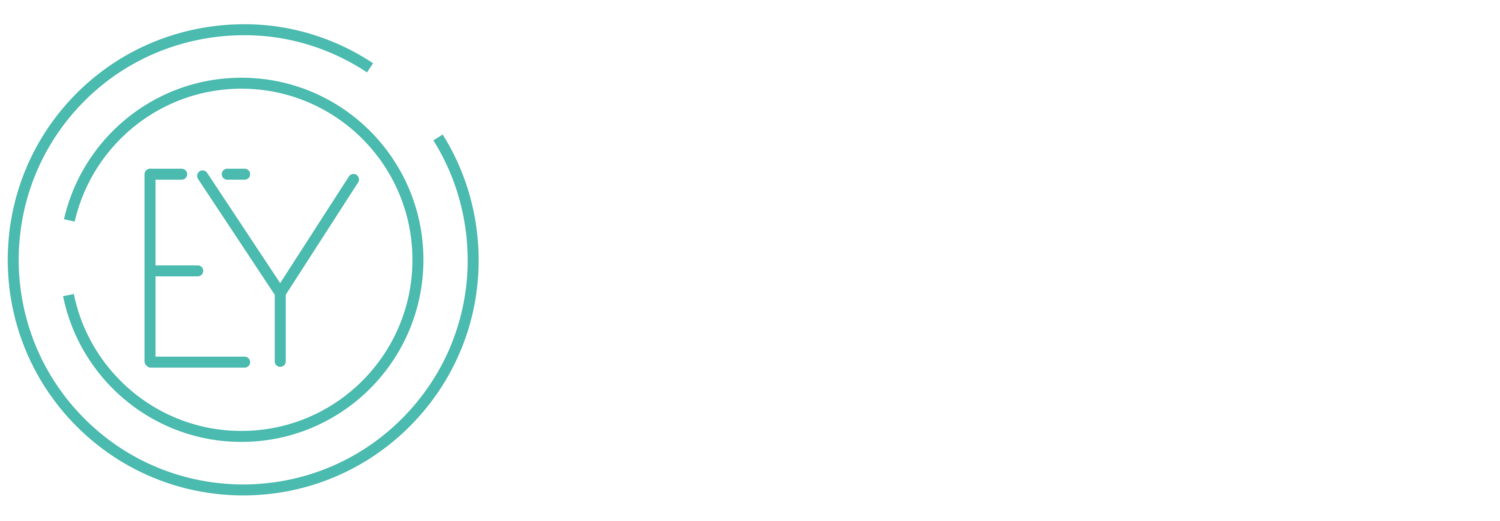Revision Hip & Knee Replacement
Revision hip and knee replacement surgery is performed for a number of reasons such as a dislocation of the hip joint, infection, fracture, loosening of the prosthesis, or the original replacement wearing out. Patients may be referred to Mr Yates by other surgeons as he is an expert in this type of procedure which is often more complex than primary hip or knee replacement surgery.
Patients who require revision surgery will often require a series of investigations before their operation. These include blood tests and radiological imaging such as x-rays, bone scans, CT scans and MR scans. Often patients will require a small procedure in theatre where a sample of fluid is taken from the joint.
What Happens During Revision Surgery?
Hip and Knee revision surgery can be carried out under a general anaesthetic (where you are asleep during the procedure) and/or a spinal anaesthetic (where the lower body is numb).
The joint is replaced by either a cemented or uncemented prosthesis. Various combinations of materials can be used during revision surgery and the most appropriate implant is determined on an individual patient basis depending on the reason for surgery. The surgery can take between 90 minutes and 4 hours depending on the complexity.
Recovering From Revision Surgery
For the first four to six weeks after the operation you may require a walking aid such as crutches or a frame to help support you. You will be enrolled on an exercise programme that is designed to help you regain and then improve the use of your new hip or knee joint. Most people are able to resume normal activities within two to three months but it can take up to a year before you experience the full benefits of your revision surgery.


